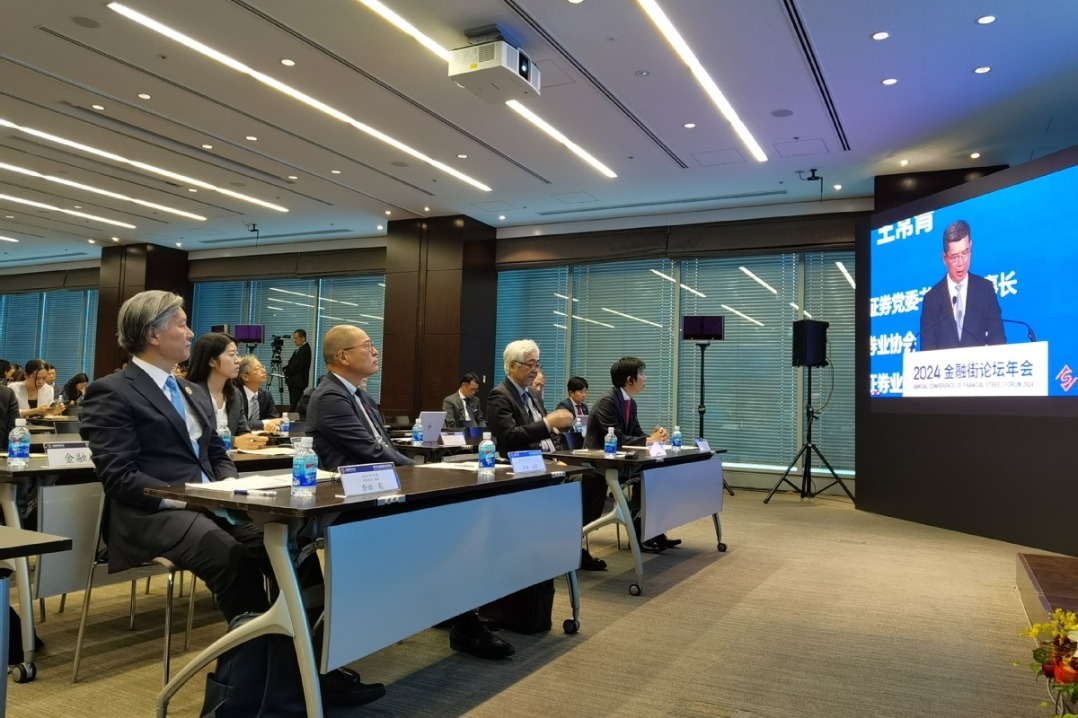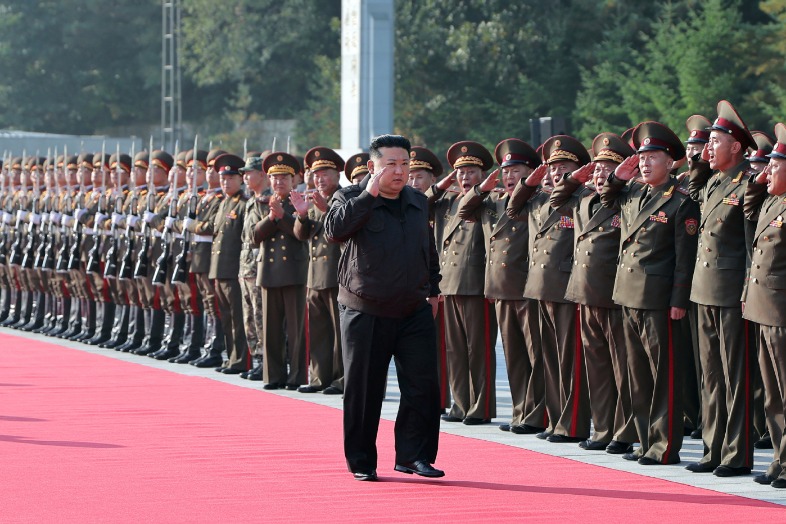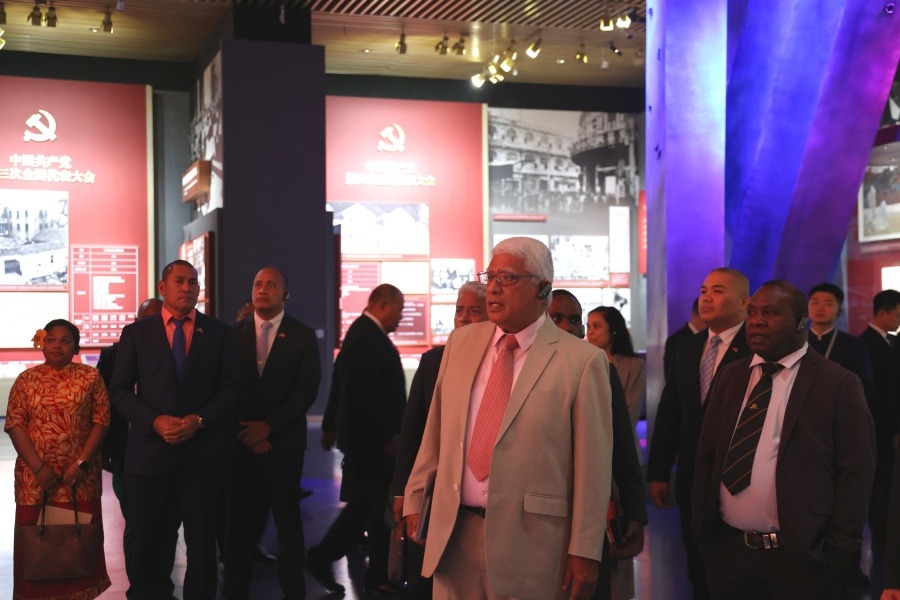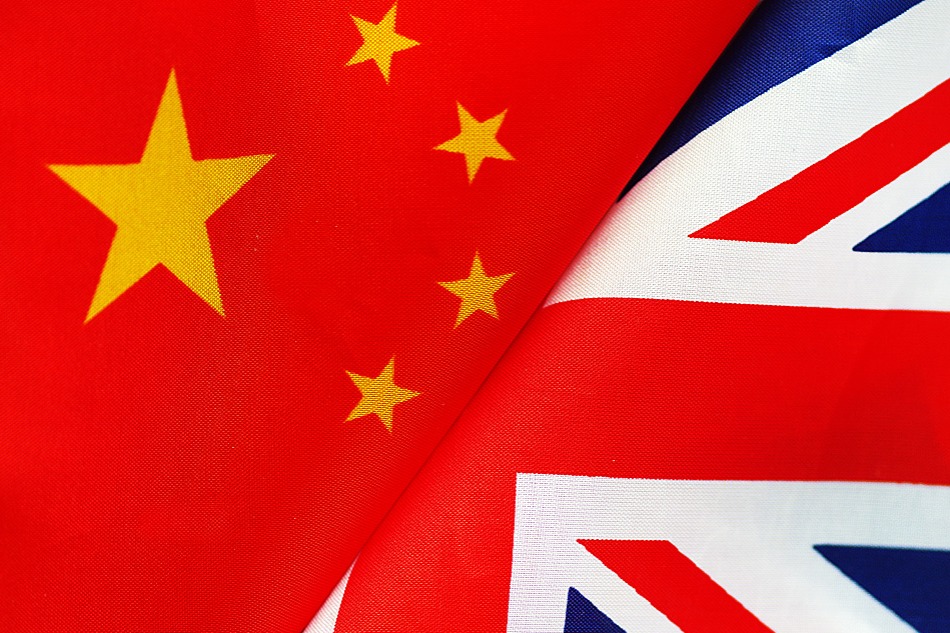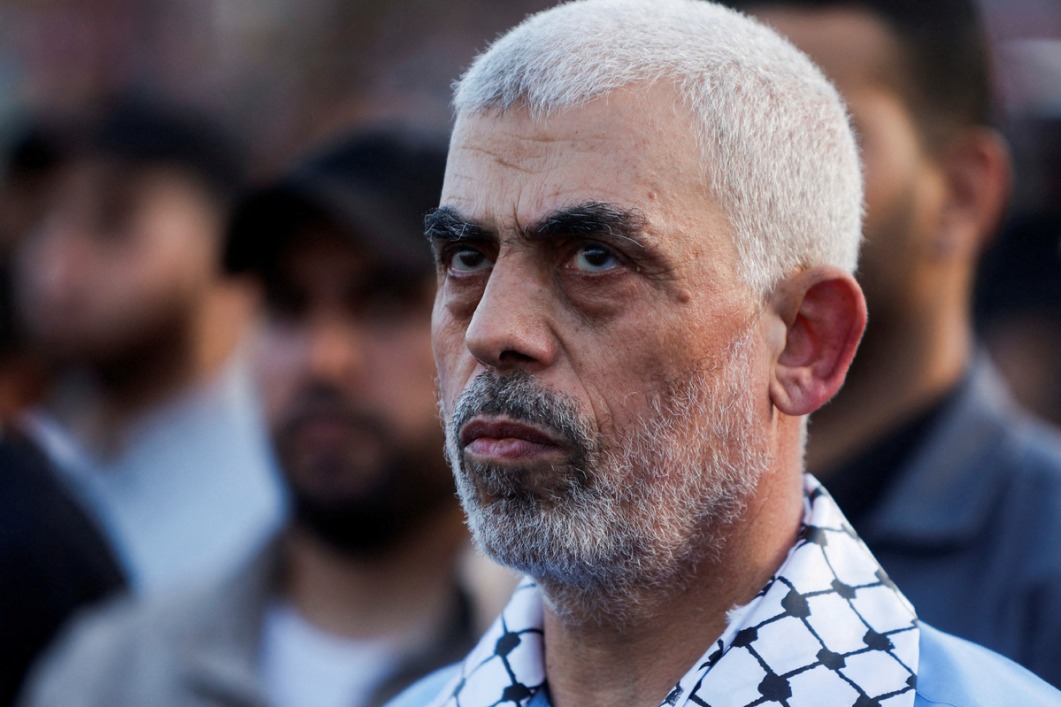Standard Chartered Bank pledges continued support to Belt and Road

Standard Chartered Bank, a British multinational banking and financial services company recently named as the best overall international bank for the Belt and Road Initiative in Asiamoney's New Silk Road Finance Awards 2018, pledges its continued support to the initiative.
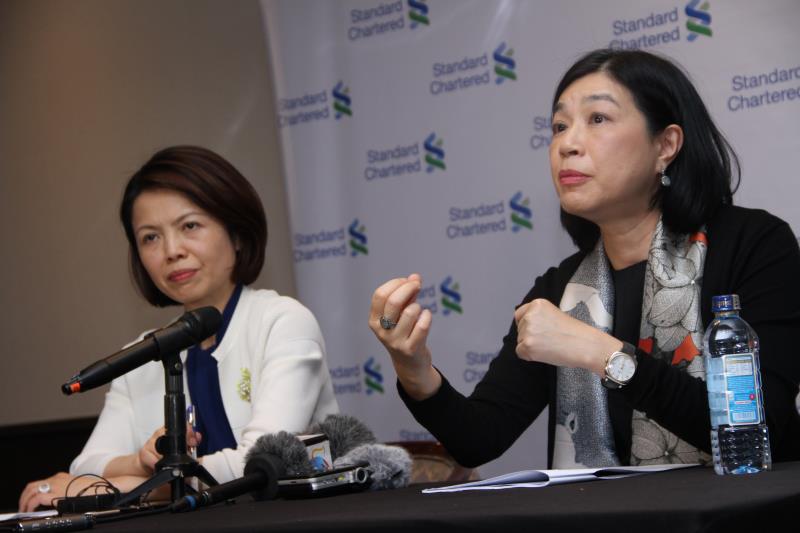
Proposed by Chinese President Xi Jinping in 2013, BRI aims at strengthening China's ties with Asian, European and African countries mainly through infrastructure development and trade.
Carmen Ling, the bank's managing director and global head of Belt and Road Corporate and Institutional Banking, says BRI is very important to the bank because its footprint dovetails well with the initiative's routes.
About 70 percent of the bank's global footprint is made up of BRI markets and 70 percent of the Chinese government's $7 billion investment to BRI-related projects goes into its footprint countries, Ling said.
"With around 1,000 branches and outlets in 63 countries and regions, SCB has an extensive local presence in some of the world’s fastest growing economies, with a particular focus on Asia, Africa and the Middle East," she said.
Ling said the bank facilitates BRI financing as an intermediary and service provider across a full range of lending, financial markets, transaction banking, capital markets and project finance activities.
"In addition to actual financing, we provide project account services and escrow account services. We also help our clients to establish regional or global treasury centers," she said.
An escrow is a contractual arrangement in which a third party receives and disburses money or documents for the primary transacting parties. Treasury centers, on the other hand, centralize and concentrate cash and risk management, as well as talent, and resources to gain economies of scale, process efficiencies, and tighter control.
Managing Director Jean Lu, the bank's head of global banking corporate and institutional banking, said the bank is committed to honoring its promise to spend $20 billion to finance projects under the Belt and Road Initiative by 2020.
"To date, we have participated in 50 projects and more than half of the projects are in Africa. As an international bank, SCB cares more about the change and the benefits that the BRI projects bring to the local community," she said.
Last year, Standard Chartered Bank supported one of its Chinese EPC contractors engaged in the project management and construction of a power plant in Philippines. The project, which was connected to the country's electrical grid, has 1400 MW capacity.
The bank also provided a comprehensive solution to the client's banking needs, including regional treasury center, cross-border cash pool, receivership services and payable finance.
The Bank also has financed, acted as a global coordinator and has been the mandate lead arranger for a power generation company developing a duel fuel combined cycle power plant in Bangladesh.
In Africa, SCB brought together an offshore commercial bank and a development finance institution to invest in the development of a new 300MW coal-fired power plant in Zambia.
Backed by the new China Export and Credit Corporation, the financiers contributed over $500 million towards the development, which will provide critical electricity supplies to Zambia and will enable the country to move away from its heavy reliance on seasonal hydro-generated energy.
The bank also helped the client to develop a long-term, off-take contract to guarantee the plant’s future cash flows.
In the Middle East, the bank, along with a consortium of Chinese and local banks, signed a $3 billion project financing facilities to fund the development construction, operation and maintenance of a ultra-supercritical green-field power plant on a build, own and operate basis.
The project represents the first coal-fired power generation plant in the Gulf Cooperation Council region, and is the first transaction of the Silk Road Fund (as an equity and debt provider) in the Middle East as a part of the BRI.
Over the last five years, Lu said China has built 113 overseas economic and trade operations zones in 46 countries with total investment of $35 billion. The zones have attracted more than 4,500 companies, created total tax revenues of $3 billion and 287, 000 jobs in the host countries.
















